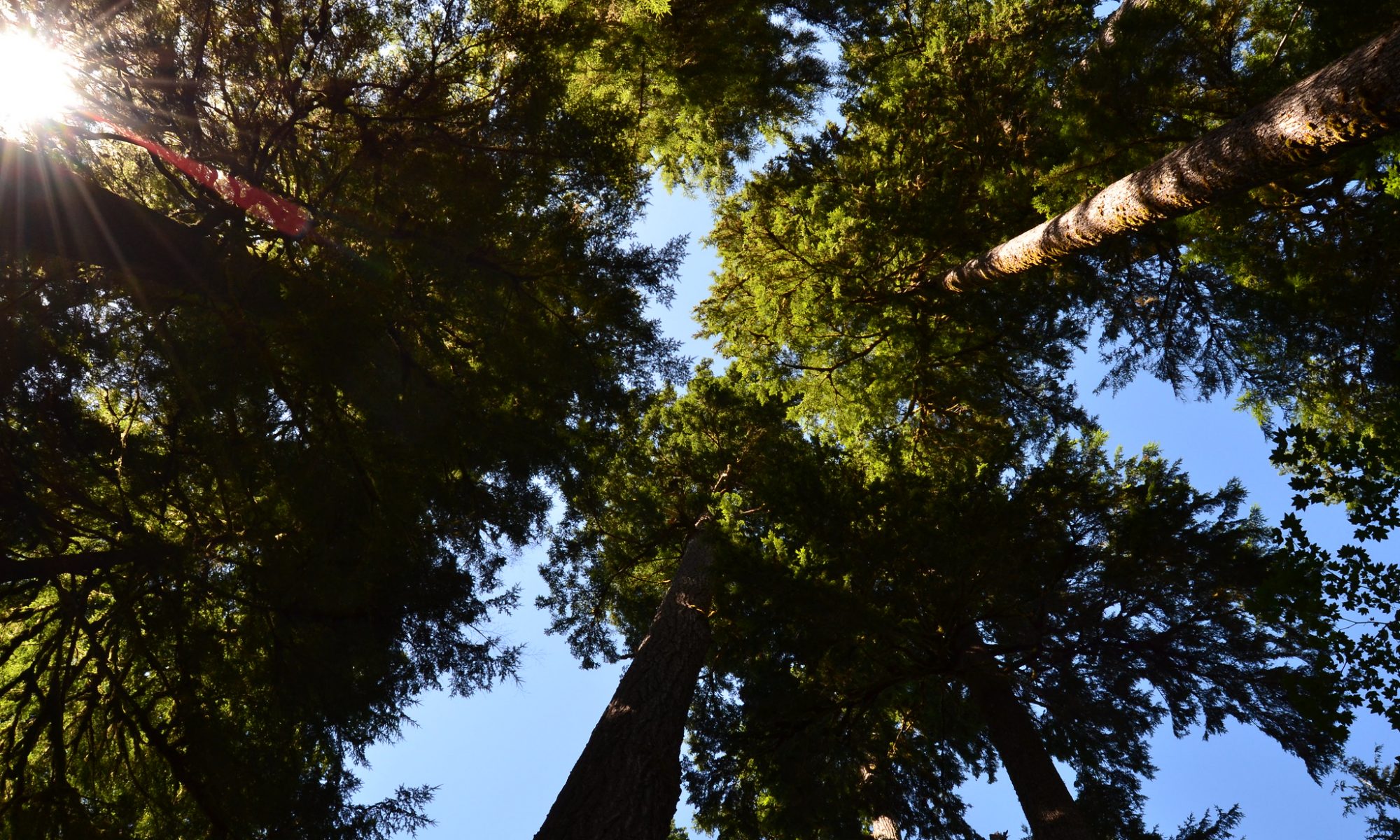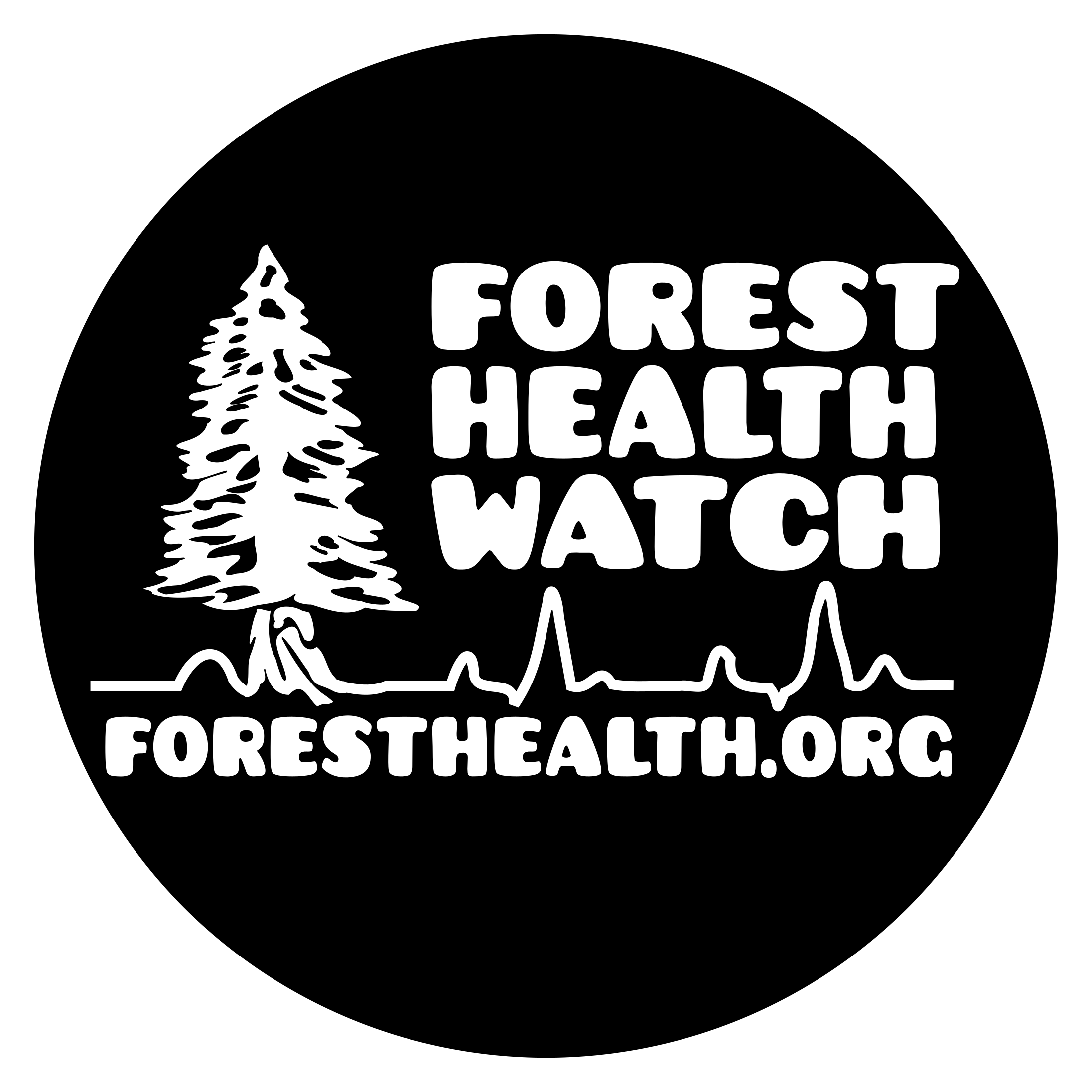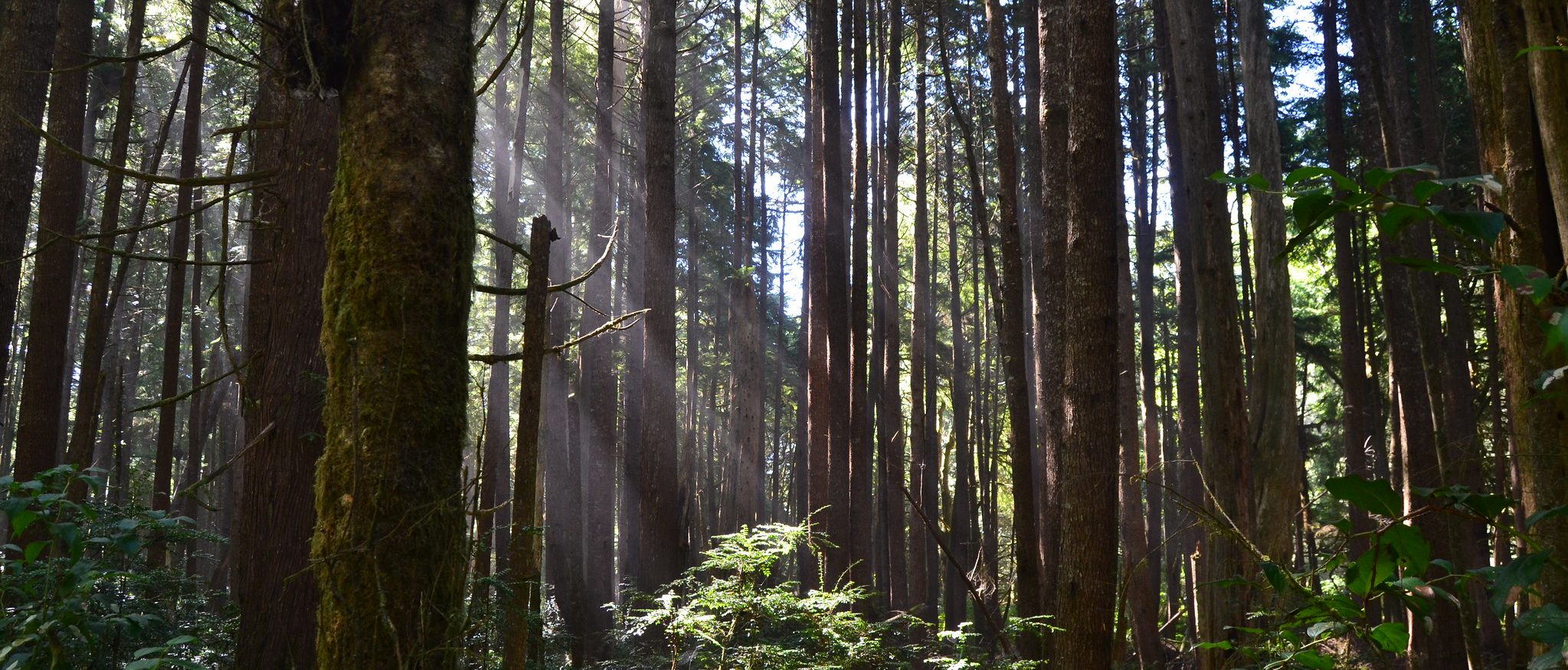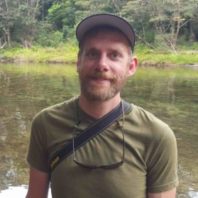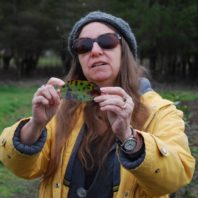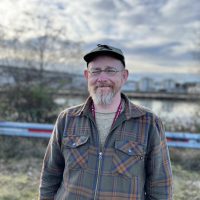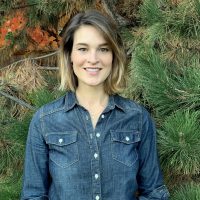
Program Co-Director
Dr. Molly Darr
Molly is the WSU Forest Health Extension Specialist based in Mount Vernon, Washington. She has a background in forest entomology and invasive species management. Molly joined as a co-director of the Forest Health Watch in 2023.
